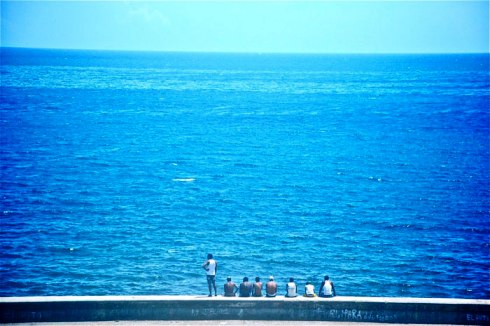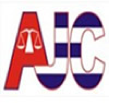 No one shall be subjected to torture nor to cruel, inhuman or degrading …
No one shall be subjected to torture nor to cruel, inhuman or degrading …
In the early days of U.S. intervention in Afghanistan, in the course of military operations, a scene shown on Cuban television remained in my memory.
A fighter against the Taliban power entered a small town where, shot down by insurgents, there were several bodies on the floor. Approaching one of them, which he seemed to recognize, he began to kick it furiously.
A question immediately came to my mind: What relation could the dead man have had with him, to fill him with such hatred? What had happened between them?
I’ll never know what happened, but it immediately brought to my mind words like these:
Everyone has the right to life, liberty and the inviolability of his person.
Did the Taliban, possessors of total power at the time, think that it would last forever and they would never have to answer for their actions and in that belief they acted as they did?
Examples of such attitudes abound, but there they are, for those who want document them, Nero and Caligula in ancient Rome, Adolf Hitler in Germany, Benito Mussolini in Italy, Joseph Stalin in Russia, Mengistu Haile Mariam in Ethiopia, Nicolae Ceausescu in Romania, Pol Pot in Kampuchea, and many others who would make this list too long.
But there are other examples that call in another direction:
And it is not land that constitutes what is called the integrity of the Homeland. The Homeland is more than oppression, more than pieces of land without freedom and without life, more that the right of possession by force. The Homeland is a community of interests, unity of traditions, unity of purpose, sweet and comforting fusion of love and hope.
This and no other is the direction in which we should go. Because we must avoid, before it is too late, having to hear these words:
Whereas disregard and contempt for human rights have resulted in barbarous acts which have outraged the conscience of mankind…
Whereas it is essential that human rights are protected by the rule of law, so that no man be compelled to have recourse to rebellion against tyranny and oppression…
I hope sanity prevails over hate.
2 May 2012



 By Wilfredo Vallín Almeida
By Wilfredo Vallín Almeida